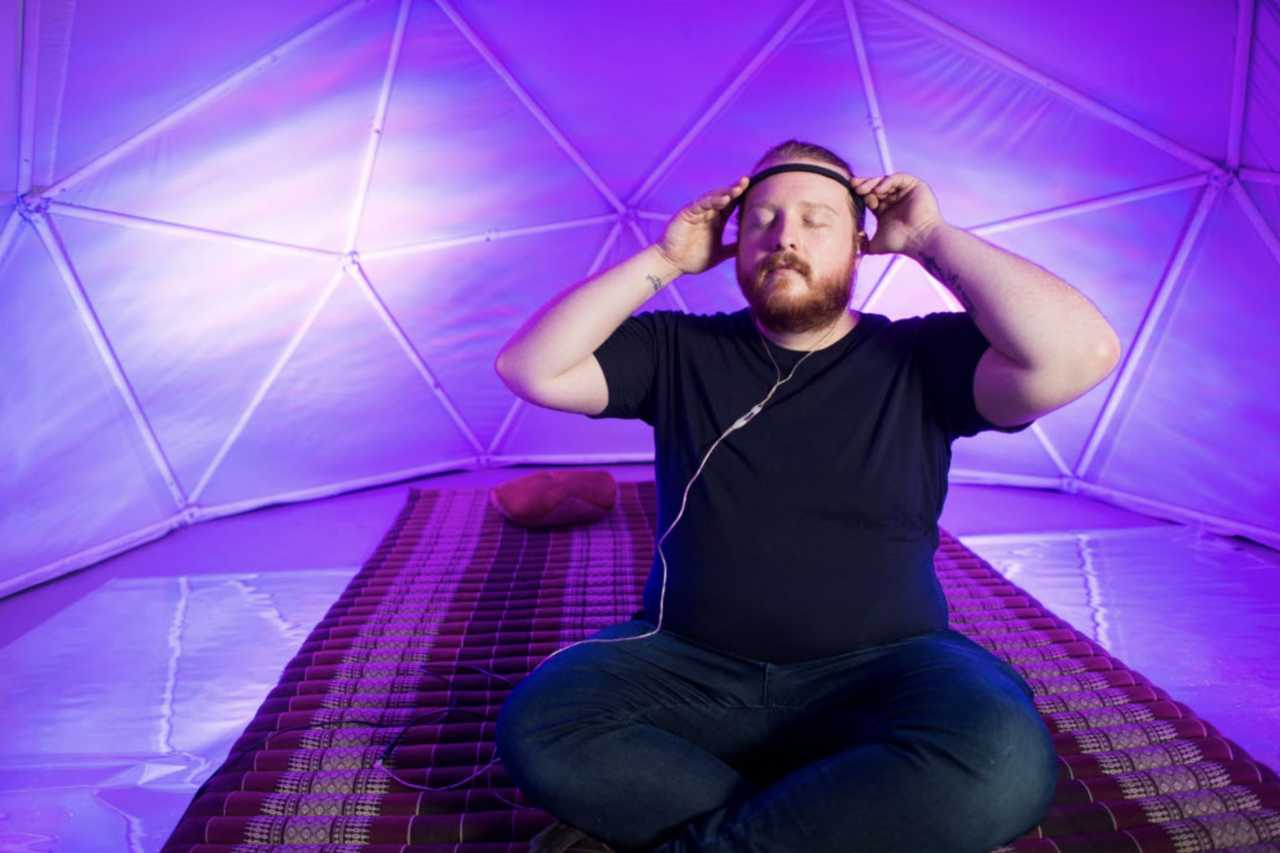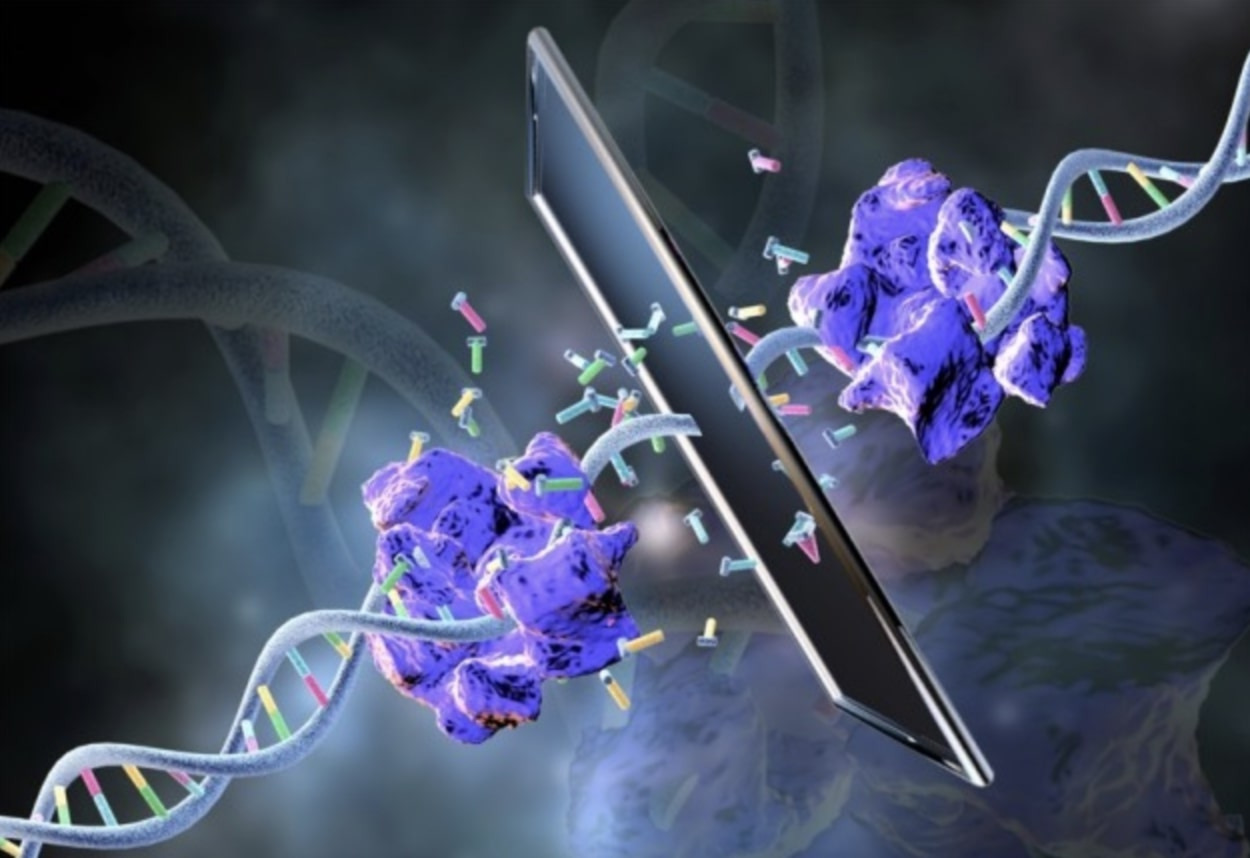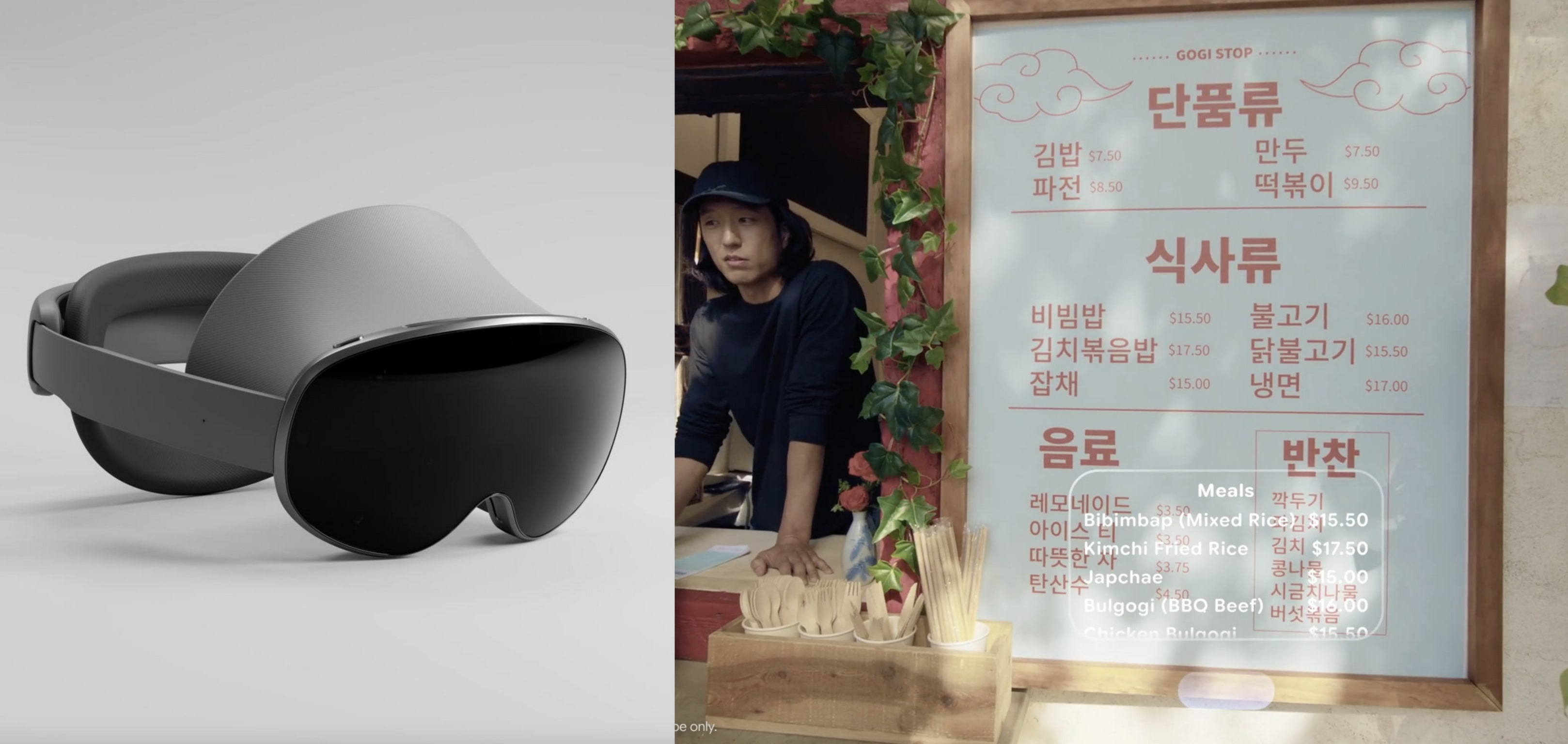This startup aims to harness the healing power of music

Image: LUCID
You know when your favorite song comes on, and you instantly feel a little better? LUCID, a Toronto-based startup, is working towards harnessing and recreating that phenomenon for whenever you may need a mental boost.
How it works: LUCID is aiming to take a page from the 60+% of people who use music to target stress and anxiety in their daily lives. That’s compared to 10% who turn to meditation, and 7% who use therapy.
- The company uses psychometric and biometric tools like brain-wave trackers and facial recognition to measure users' moods in response to certain music.
- Then, machine learning algorithms use that information to “prescribe” treatments – aka personalized music playlists optimized to boost mood levels and reduce anxiety. (Think: prescribing more cowbell to cure Christopher Walken’s fever.)
…but does it work?? A 2022 LUCID study found a single 24-minute listening session produced more significant reductions in somatic and cognitive anxiety as compared to pink noise or auditory beat stimulation.
LUCID’s music technology has also indicated a greater ability to reduce stress and boost positive mood vs. the most popular Spotify-curated relaxation playlist.
- Other outside studies have found listening to music can help calm people’s nervous system and lower cortisol levels, which helps reduce stress and anxiety.
- Some evidence even suggests music is more effective at limiting anxiety than certain anti-anxiety drugs.
Not just anxiety: LUCID is also studying how to use its technology to harness the unique effects music has on the brains of people suffering from Alzheimer's disease and other forms of dementia.
💥 The potential impact: Around 1-in-5 American adults (~50 million) are affected by an anxiety disorder, while 6+ million are currently living with Alzheimer’s or dementia.
Share this!
Recent Science & Emerging Tech stories

Science & Emerging Tech
| December 17, 2024Europe is launching a Starlink competitor
🛰️ The EU yesterday signed contracts with a group of companies to build a constellation of satellites designed to compete with SpaceX’s Starlink network.

Science & Emerging Tech
| December 16, 2024World-leading scientists are pushing to ban “mirror life” research
A group of 38 international experts, including two Nobel laureates, are warning against further research into mirror-image biological molecules

Science & Emerging Tech
| December 13, 2024Google and Samsung are joining the extended-reality market
🥽 Google and Samsung announced a new version of Google’s Android software specifically designed for extended reality (XR), a catch-all term encompassing AR, VR, and mixed-reality technologies.
You've made it this far...
Let's make our relationship official, no 💍 or elaborate proposal required. Learn and stay entertained, for free.👇
All of our news is 100% free and you can unsubscribe anytime; the quiz takes ~10 seconds to complete